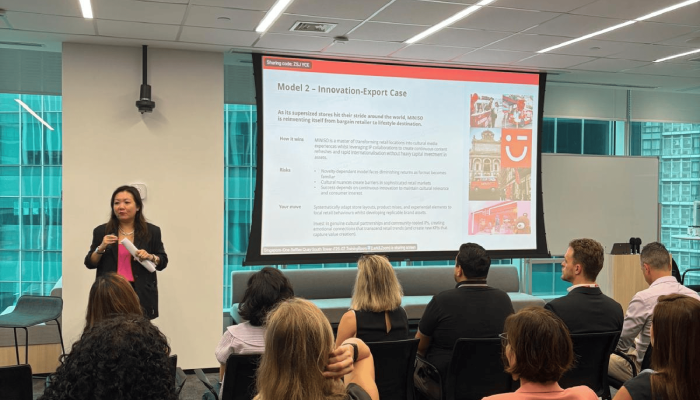SINGAPORE: News media companies must not be "complacent" about the impact of fake news, a senior BBC executive has said.
Speaking at a recent Marketing Society event in Singapore, Jamie Angus, Deputy Director of BBC World Service Group and the Editorial Director of BBC Global News, warned that large, mainstream media organisations "have got to stand together".
"There is a fundamental difference between organisations that invest a lot in journalists who are qualified and held to professional standards and are regulated in the markets they operate in… and other organisations who say they are doing the news but are just trying to create trouble," he said.
Media outlets themselves must also take responsibility for their own style of content and how it impacts the wider news ecosystem, he added.
"Part of the fake news issue is that mainstream broadcasters have to look to their own records and say 'we can't just blame this on the fake news phenomenon'. We have to ask if what we've been providing provides both quality and has a pull factor."
Angus cited the rise of social media algorithms as news gatekeepers and the tendency of news consumers to seek information that agrees with their own worldviews as new hurdles facing the mainstream media industry.
"Algorithms and social feeds tend to feed you things you already agree with. That is one of the really big challenges for mainstream news organisations," he said.
"Digital and social media feeds do not necessarily account for what is the most reliable news, and will feed content that is popular or [that] you might like best or what you previously consumed. That's a really big shift in our industry."
Angus also believes that organisations should return to their core values to fight against fake news.
"We have to accept large media organisations are under threat – some from their own audiences but also politicians – as they always have been. I think it's time to go back to the values that underpin us, and ask audiences to rejoin us," he said.
"People will come to understand that in some societies an excess of fake news is having a really, really destabilising effect and won't want to live with the consequences of that. It's going to be a long term argument, but it will play out in the right way over time."
Data sourced from WARC. Click here to see the highlights from the event



